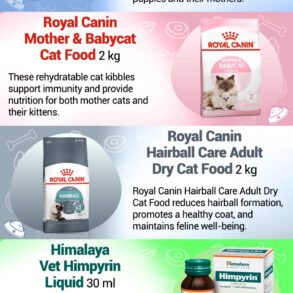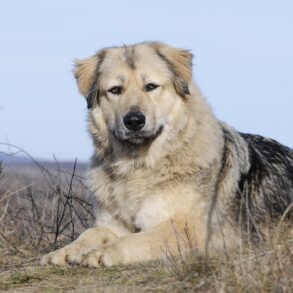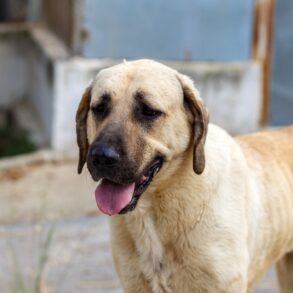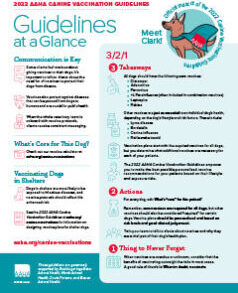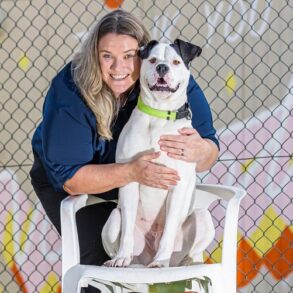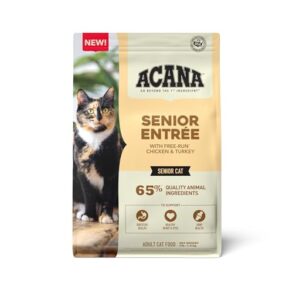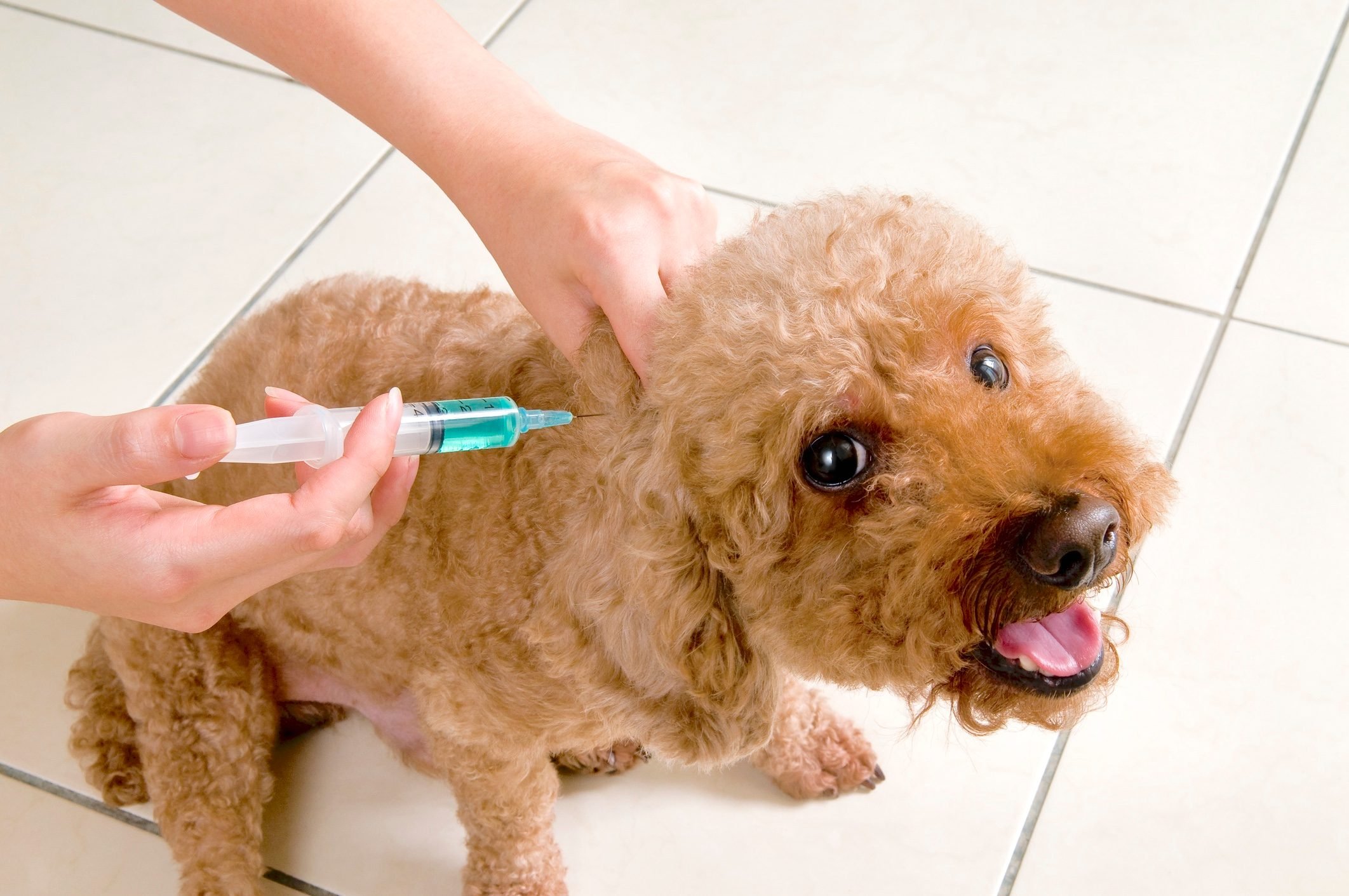
Maybe you’ve already buzzed into your nearby clinic for your seasonal virus shots or you’re about to do so soon. That’s one wise way to prevent serious illness and hospitalization as cold and flu season ramp up, and as many of us prepare to gather indoors for the holidays.
If you’re making holiday travel plans and need to board your dog, you might have noticed that kennels are requesting more vaccinations than in the past. “There was also a new mystery respiratory illness plaguing certain states last year that may come back now that the weather is cooling again,” says veterinarian Ambika Vaid-Sidhu, DVM, who works as an Integrative Veterinarian at Chewy.
Dr. Vaid-Sidhu adds an important note: “These illnesses are very contagious between dogs.”
Ahead, this veterinarian shares what you should know about the contagious sicknesses dogs are susceptible to and how you can help your canine companion stay healthy this winter.
This interview has been edited for length.
The Healthy by Reader’s Digest: Dr. Vaid-Sidhu, we pet lovers feel for the families whose dogs have been affected by the recent respiratory virus that’s developed. What are the viruses infecting canines that you’d advise Americans to have on their radars?
Dr. Vaid-Sidhu: Kennel cough is the most common, second being canine influenza virus.
The Healthy: What are signs your dog might have a kennel cough or another sickness?
Dr. Vaid-Sidhu: The most common sign of kennel cough is a dry, goose-honking cough.
When it comes to influenza virus, it is a more wet cough coupled with a fever and lethargy.
The Healthy: During the winter cold and flu season, are dogs just as prone to illness as humans?
Dr. Vaid-Sidhu: Yes, dogs are just as prone to illness during the winter cold and flu season. Viruses, such as influenza and Bordetella (kennel cough), thrive during the cold weather and dogs are prone to catching these illnesses if they are not vaccinated.
The Healthy: What can pet parents do to keep their pup’s immune system strong and help prevent them from catching these illnesses?
Dr. Dr. Vaid-Sidhu: The most important thing for a healthy immune system is a mix of appropriate vaccinations and nutrition. If you have a dog that frequents dog parks, grooming facilities, [or] daycares, then I would recommend ensuring they are up to date on Bordetella for kennel cough and canine influenza virus (CIV) for influenza virus vaccines.
In terms of nutrition, it is important to ensure you are feeding your pet well-rounded, nutritious food. You’ll want to ensure your pet’s food contains healthy, functional ingredients, such as sweet potato and pumpkin, which are high in fiber and contain a variety of essential vitamins. You can also add natural antioxidants to your pet’s food, such as blueberries and chia seeds, that aid in preventing disease and protecting immune cells in our bodies.
Aside from ingredients, how your pet’s food is prepared is essential as well. Most kibbles are cooked at very high temperatures, essentially killing the healthy nutrients within the ingredients. Opting for an air-dried option ensures that the cooking process is not killing the healthy components of the ingredients. You can add these ingredients to your dog’s food, prepare meals yourself, or try premium brands like Badland’s Ranch air-dried dog food that includes these functional ingredients and more.
The Healthy: What other dangers does the winter pose for dogs?
Dr. Dr. Vaid-Sidhu: Cold weather can reduce body temperatures, making dogs’ immune systems weaker and prone to illness. Ensure you are keeping your pets warm and indoors when the winter weather gets chilly.
Older/geriatric dogs will experience increased muscle and joint stiffness in colder weathers, especially if they are suffering from arthritis. A common superfood I recommend [for] pets suffering from mobility issues is green-lipped mussel. Green-lipped mussel is high in omega-3 fatty acids and aides with inflammation and joint pain. It also contains chondroitin, which is a component of connective tissue found in bones and joints. When looking for supplements for joint health in geriatric [pet] patients—especially during the drying, cool months—look for a product that contains this superfood.
Lastly, dry, cracked paw pads and noses are common during cold weather. Please ensure you are monitoring your pets’ feet when taking them out and placing booties [on their paws] on the extremely cold days.
The Healthy: What are your best tips to keep your dog safe and healthy all year around?
Dr. Dr. Vaid-Sidhu: Healthy nutrition and supplementation are the best way to keep your pets healthy, longer. Secondly, supplementing with nutritious supplements will support their vision, heart, and joints. The best products contain omega complex, turmeric, mushroom complex, and herbs such as ashwagandha or milk thistle.
For more wellness updates, subscribe to The Healthy by Reader’s Digest newsletter and follow The Healthy on Facebook and Instagram. Keep reading:
This post was originally published on this site be sure to check out more of their content.













